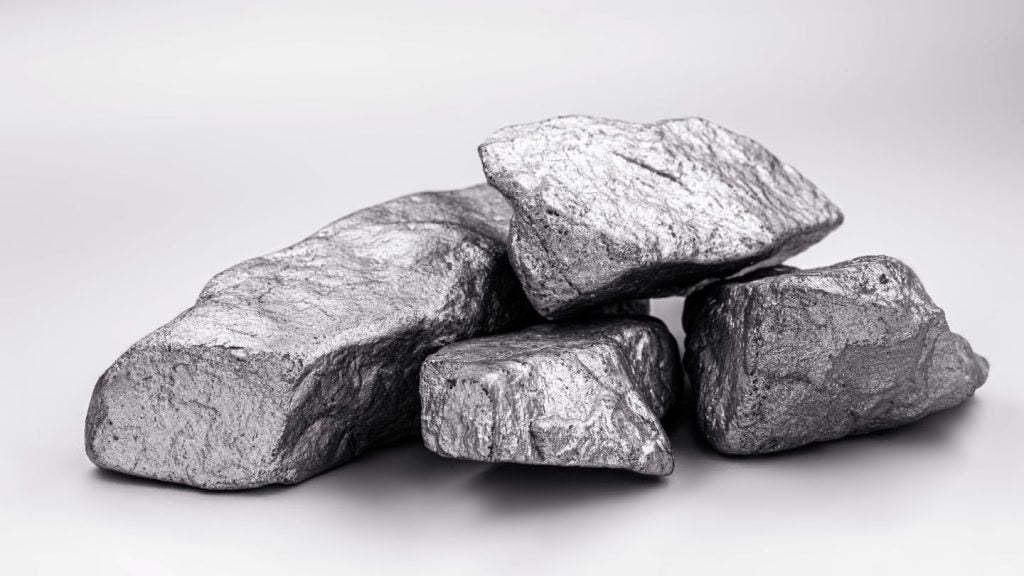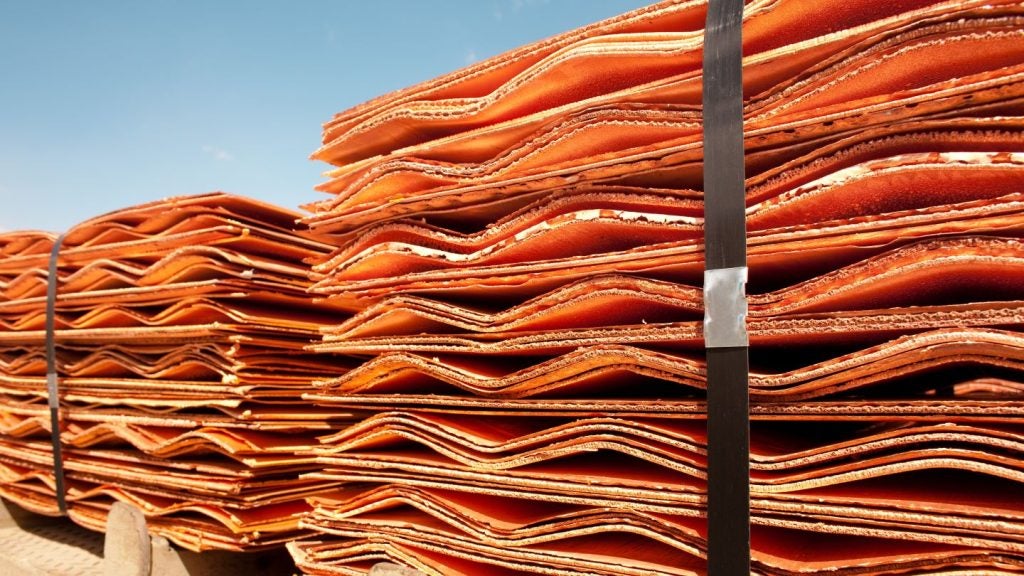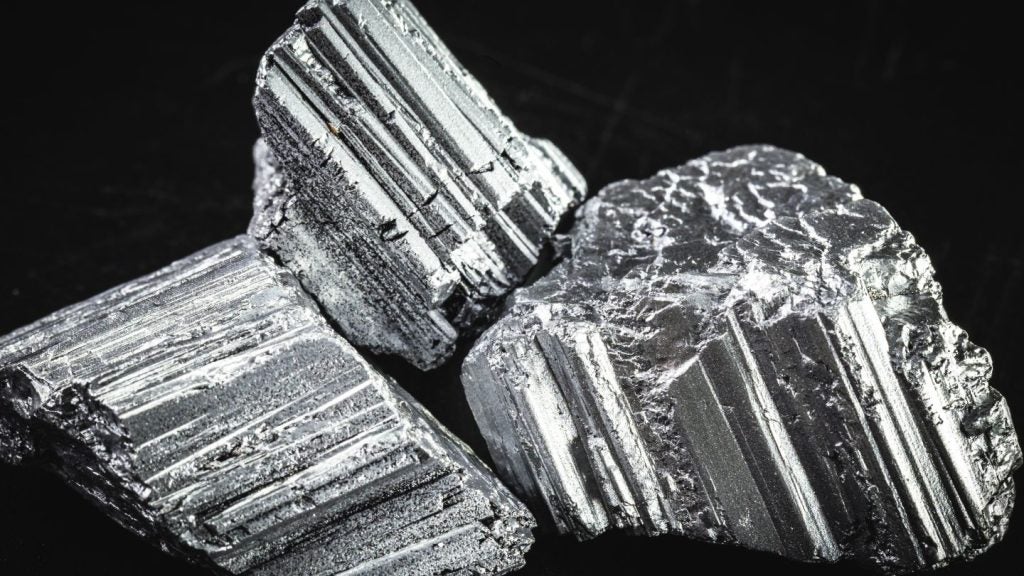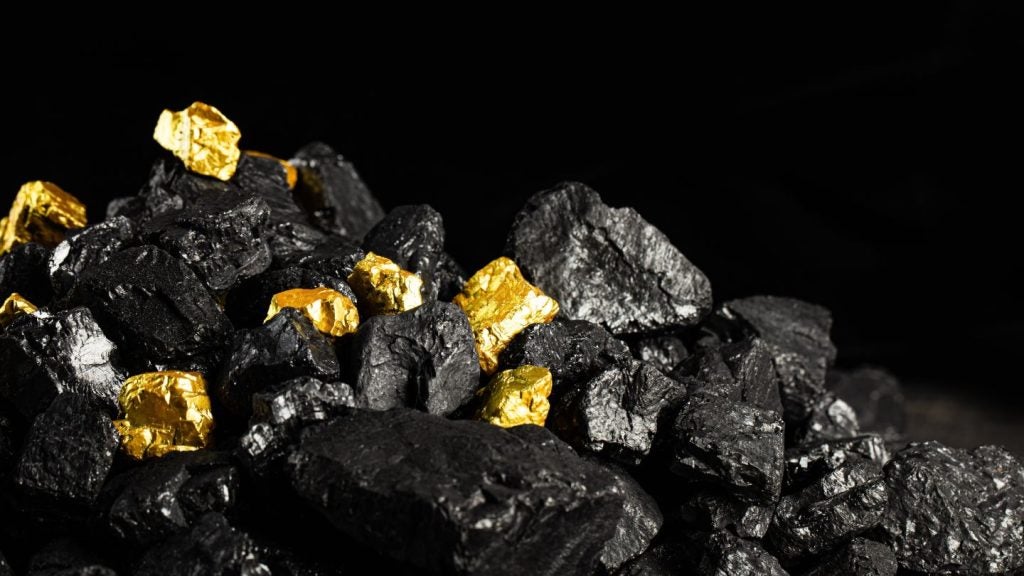The Democratic Republic of Congo (DRC) has reached a significant milestone in traceable artisanal cobalt production, with the state cobalt agency producing its first 1,000 tonnes (t) of fully traceable material, reported Reuters.
The announcement was made by Entreprise Générale du Cobalt (EGC), a subsidiary of state-owned miner Gécamines established in 2019, at a ceremony in Kolwezi, the central hub of the DRC’s cobalt industry.
The company said that its traceability model aims to clean up the supply chain and bring production in line with international environmental, social and governance standards.
EGC CEO Eric Kalala was quoted by Reuters at the launch event in Kolwezi as saying: “The vision is to transform artisanal cobalt into a strategic asset under Congolese control.”
Kalala added: “Every tonne purchased by EGC must reflect not only the value of the mineral but also the dignity of those who extract it.”
The DRC is home to around 72% of global cobalt reserves and supplies more than 74% of global production, much of which is sourced from informal artisanal mines.
Artisanal mining is a vital economic activity for the country, providing employment for up to two million people and sustaining more than ten million indirectly.
Unregulated cobalt production has avoided official oversight, complicating supply chain tracking and making the material vulnerable to government confiscations.
This lack of traceability reduces the amount of ethically sourced cobalt available and leads to higher prices for certified material.
To address these issues and support cobalt prices, the DRC implemented export quotas in October after several months of export bans.
Administered by the regulator ARESCOM, the quota system curbs exports and encourages local processing by making it less attractive for producers to export raw cobalt.
According to the International Energy Agency, global cobalt demand is expected to increase by 40% by 2030, fuelled by the growing need for electric vehicles and energy storage.
Automakers and electronics manufacturers are increasingly demanding proof of ethical sourcing, placing pressure on producers to eliminate child labour and unsafe practices from their supply chains.
According to Kalala, the EGC plans to scale up its operations beyond the initial 1,000t, expanding refining capacity to capture a larger share of the artisanal market.
The company has not disclosed any details regarding the marketing or sale of the inaugural 1,000t batch.












